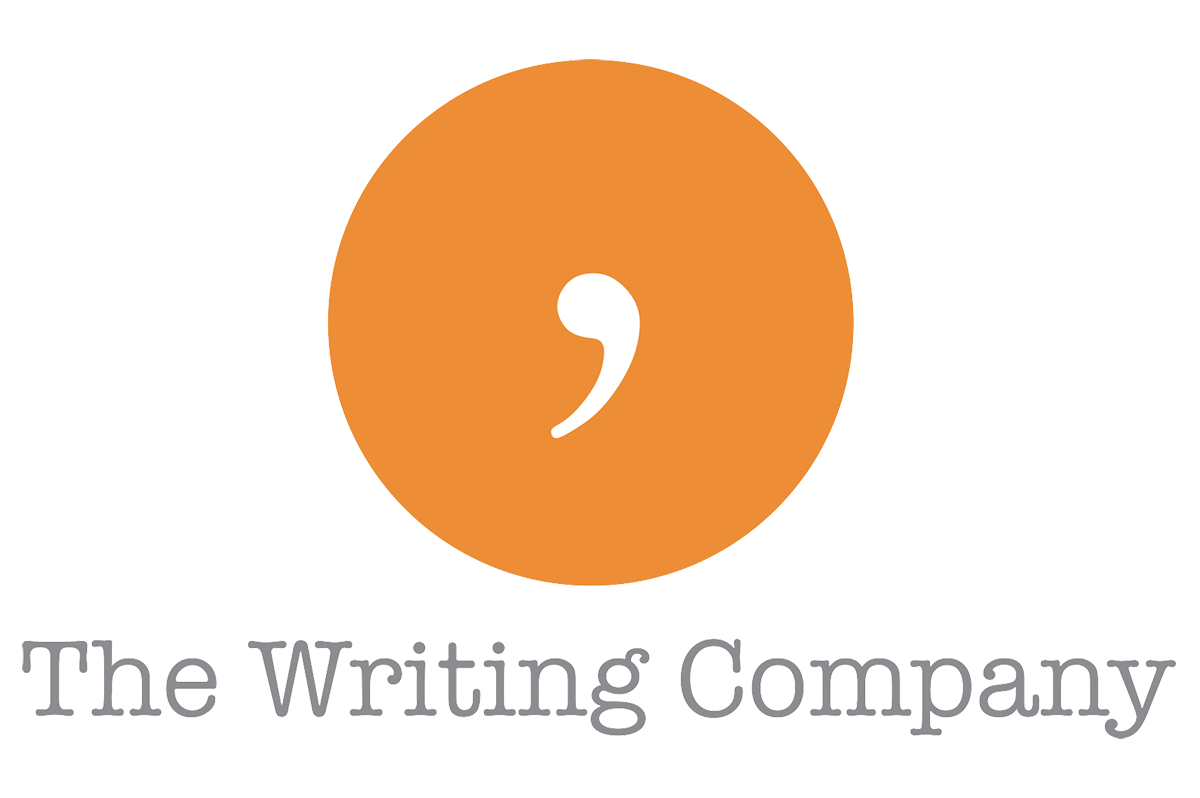The answer to a blank page
A blank page can be beautiful—it is perfect, unblemished by even a single decision. Stare at it for a while, though, and you can get lost.
One of our oldest friends, faced with a blank page, would write nothing until his muse delivered the perfect opening sentence. The muse once kept him waiting three weeks. The story was a 1,500-word feature about cigars. (Perhaps the muse didn’t smoke cigars.) The perfect sentence arrived eventually, but our friend missed his deadline.
When we encounter a blank page, we write on it. Sometimes we begin with a list of very basic questions:
Why am I writing this?
Who is my reader, and what does she need to know? What do I know now?
What do I need to find out?
How can I get answers?
The answers to those questions spur new questions. As we organize and refine our inquiry, the draft emerges almost of its own accord. The story has begun to write itself.
Questions, it turns out, are the answer to a blank page.
If you’re faced with a beautiful, desolate page, try filling it with some questions, and then begin answering them. If you’d like some help in that process, give us a ring.

